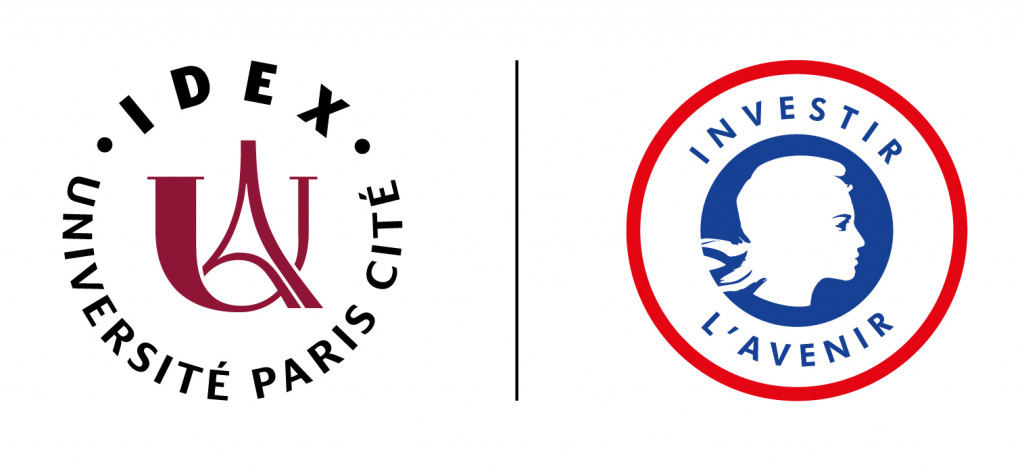Do ’his’ education and class matter? The changing effect of the husband on women’s labour-market transitions in Italy and Britain
Do ’his’ education and class matter? The changing effect of the husband on women’s labour-market transitions in Italy and Britain

 Actualité Sciences Po
Actualité Sciences Po
L'axe Discriminations et inégalités sociales du LIEPP a le plaisir de vous inviter
au séminaire joint OSC-LIEPP :
Do ’his’ education and class matter? The changing effect of the husband on women’s labour-market transitions in Italy and Britain
[langue: angalais]
Mardi 15 mai 2018
12h30 - 14h30
salle Lavau - 98 rue de l'Université - 75007 Paris
Inscription auprès de bernard.corminboeuf@sciencespo.fr
Cristina Solera
University of Turin (Department of Cultures, Politics and Society)
& Collegio Carlo Alberto
Abstract
A new stream of sociological and demographic theory emphasizes individualization as the key process in late modernity. As maintained by Hakim, also women have increasingly become agents of their own biographies, less influenced by the social class and the family. In this study, I intend to contribute to this debate by analysing how, in Italy and Britain, women’s movements between employment and housework are linked to their husband's education and class, and how this link has changed across cohorts. Using discrete-time event-history modelling on the BHPS and ILFI, my findings show that in both countries, if the woman’s educational and labour-market profile is controlled for, the husband’s occupation and education have lost importance. Yet, although based more on ‘her’ than ‘his’ profile, divisions along ’classic’ lines are still evident and not context-free, and they assume different forms in the two countries with distinctive institutional and cultural settings. In ‘liberal’ Britain, women’s labour-market participation responds more to motherhood and class than to education, while in ‘familistic’ Italy education seems more important, which suggests the existence of returns over and above strictly human capital/economic ones.











